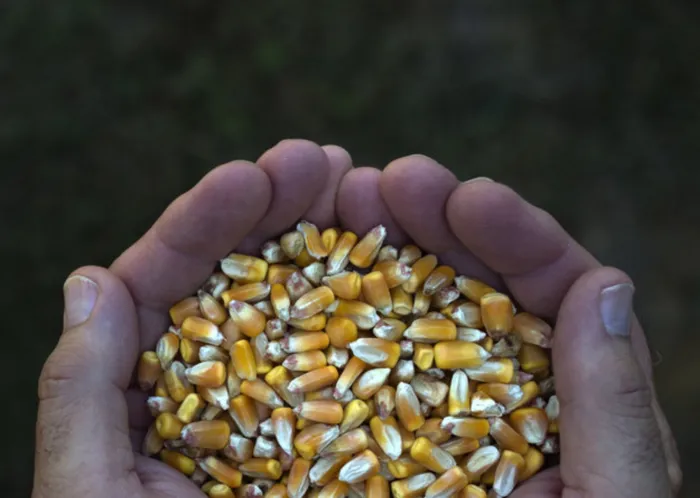‘Drought will push up food prices’

Durban - The economic impact of the drought will be most severe for farmers, and while some might recover, others would not, experts fear.
KwaZulu-Natal Agricultural Union (Kwanalu) president, Michael Black, said food prices could be affected by the dry conditions.
“The impact will differ according to different food categories. Similarly, the timing of the impact will also vary between different commodities. Some commodities are also more affected by world market conditions than others.
“The impact on production could be significant, but the full extent will only be apparent by the end of winter – August and September.”
Black said most food goods were “fairly mobile”.
“However, this means that food can be imported from other parts of the country or even the world. This adds cost to the value chain though. The province is already a net importer of food goods.”
Karen Read, of farming advocacy group Biowatch, said emerging farmers were unlikely to recover from the losses.
“These are small-scale subsistence farmers, whose total profit over a year only amounts to R20 000.”
Read said they practised agro-ecology farming, which was more environmentally friendly and helped retain water better.
“For example, they dig trenches and fill them with organic matter. They also use grey water in the irrigation of crops.”
Despite this, the drought was affecting them, she said.
Red Meat Producers Organisation chief executive, Gerhard Schutte, said the drought had hit North West, and the Northern Cape.
“Some of these regions had less than 50 percent of their annual rainfall. My guess is that there will be a shrinkage of 10 percent in the (meat) industry on primary producer level,” he said.
The red meat industry, he said, had an annual turnover of R25 billion at the primary producer level. The country was a net importer of red meat and livestock.
“The difference will have to be imported or substituted by other protein sources. Pressure will also be put on input suppliers and the capacity to carry the current labour force on farms.” Schutte said the 2011 census indicated there were 1.2 million households owning livestock.
“The emerging or subsistence livestock owners stand to lose the most because they can’t make provision for their livestock. The chances are good that they could lose their livestock with devastating effect on food security and household income,” he said.
Feed and fodder prices would escalate because of the drought
, Schutte said.
Daily News